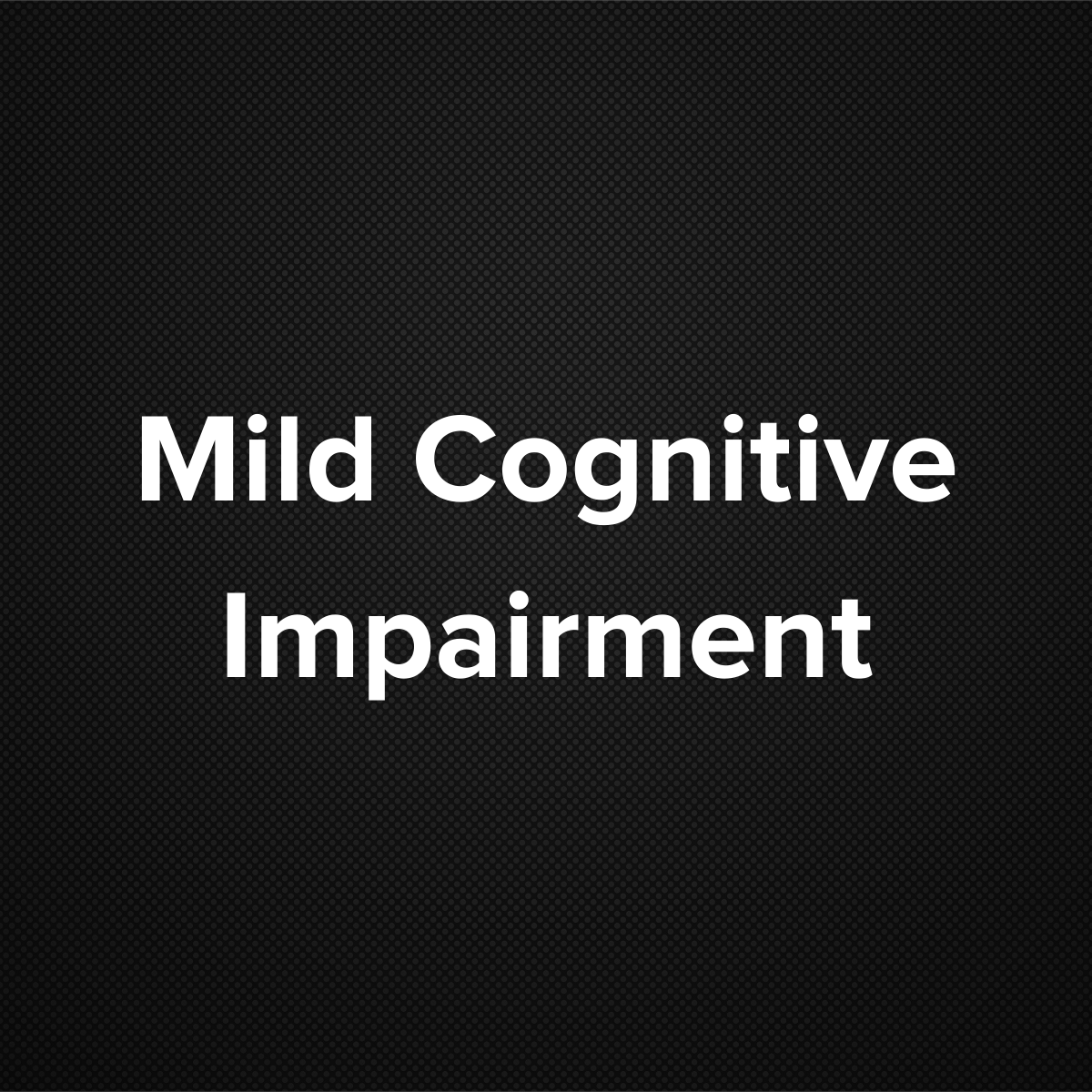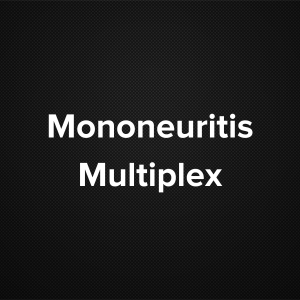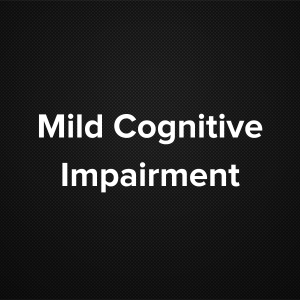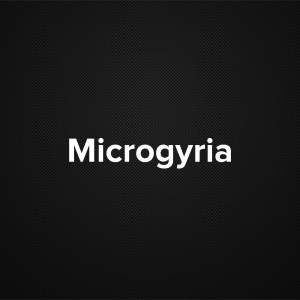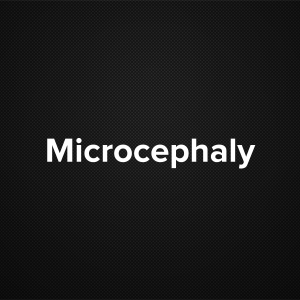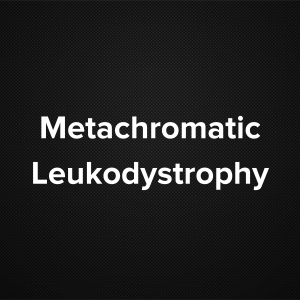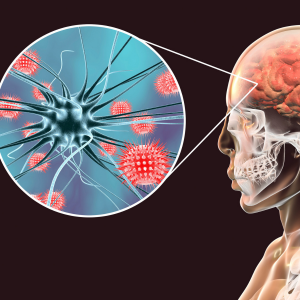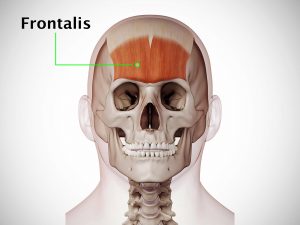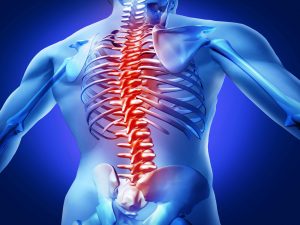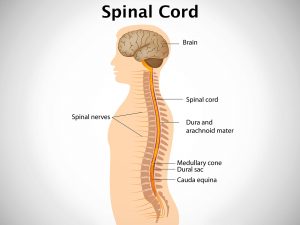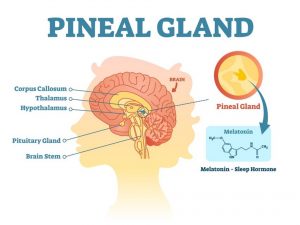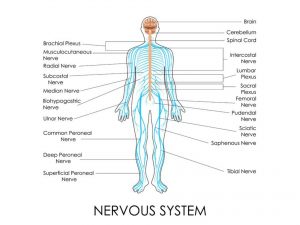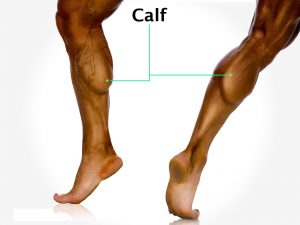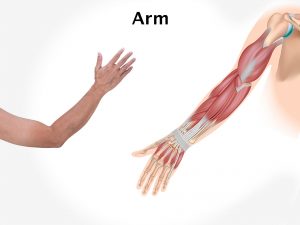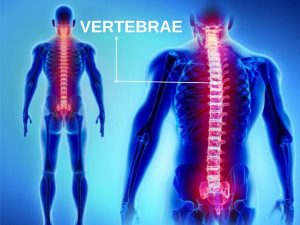Causes and risk factors
The exact cause of MCI is not known, but it can be associated with diseases like Parkinsons. Changes in brain such as those due to stroke, shrinkage of hippocampus [area responsible for memory], plaques, and enlargement of ventricles, decreased glucose level can be responsible for development of MCI. Symptoms may remain stable for years or may reverse or may develop into dementia, Alzheimer’s disease. Risk factors for MCI are increasing age, diabetes, smoking, high BP, high cholesterol, lack of physical activities, and lack of participation in social activities.
Clinical presentation
MCI is of 2 types – amnestic and non amnestic. Amnestic where there is memory loss while non amnestic is without memory loss. Symptoms of MCI include getting lost in known places, forgetting recent activities or events, forgetting names of closed people, repeating questions in a conversation or soon after the conversation, withdrawing from social activities, requiring extra time to organise thoughts. It does not affect the day to day activities to much extent.
Investigation
Medical history by the patient and Clinical examination by the doctor helps in diagnosis. Memory loss, preservation of cognitive and functional abilities and absence of dementia are the main features which lead to diagnosis of MCI. Neuroimaging, blood tests, neuropsychological testing help for further evaluation of disease.
Treatment
As it is said to be the prodromal stage of Alzheimer’s disease treatment for same can help in treating MCI such as antioxidants, cholinesterase inhibitors.
Other Modes of treatment
The other modes of treatment can also be effective in treating MCI. Homoeopathy is a science which deals with individualization considers a person in a holistic way. This science can be helpful in combating the symptoms. Similarly the ayurvedic system of medicine which uses herbal medicines and synthetic derivates are also found to be effective in treating MCI.
